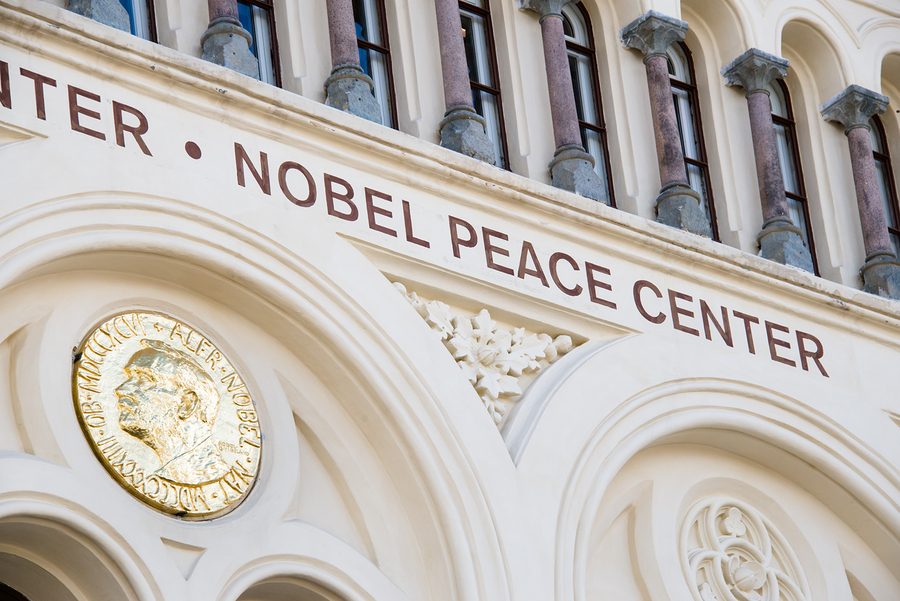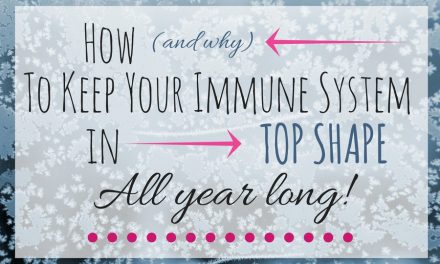Recently, more than 100 Nobel laureates got together and wrote a serious letter to Greenpeace: Quit the G.M.O.-bashing; they believe that genetically modified organisms and foods are a safe way to meet the demands of a ballooning global population.
And there is no room for dissension. To have a contrary opinion is to stand in the way of getting nutritious food to those who need it. “Greenpeace has spearheaded opposition to Golden Rice, which has the potential to reduce or eliminate much of the death and disease caused by a vitamin A deficiency (VAD), which has the greatest impact on the poorest people in Africa and Southeast Asia,” reported The New York Times.
The laureates, all but 10 of whom earned their prizes in the fields of physics, chemistry or medicine, contend that G.M.O.s have consistently been found to be safe.
However, there are detractors. Opponents fear that foods whose genes are manipulated in ways that do not naturally occur might contaminate existing crops. They also worry all this chatter distracts from the only guaranteed solution to malnutrition: promoting diverse, healthy diets.
From the article:
“Corporations are overhyping ‘Golden’ rice to pave the way for global approval of other more profitable genetically engineered crops,” Wilhelmina Pelegrina, a campaigner with Greenpeace Southeast Asia, said in a statement. “This costly experiment has failed to produce results for the last 20 years and diverted attention from methods that already work.”
Dr. Richard J. Roberts, disagrees, “There’s been a tremendous amount of misinformation being put out by Greenpeace. Some plant scientists have been “attacked so fiercely” over their views that they’ve gone silent.”
The letter went on to say:
“Scientific and regulatory agencies around the world have repeatedly and consistently found crops and foods improved through biotechnology to be as safe as, if not safer than those derived from any other method of production,” the group of laureates wrote. “There has never been a single confirmed case of a negative health outcome for humans or animals from their consumption. Their environmental impacts have been shown repeatedly to be less damaging to the environment, and a boon to global biodiversity.
Scientific and regulatory agencies around the world have repeatedly and consistently found crops and foods improved through biotechnology to be as safe as, if not safer than those derived from any other method of production. There has never been a single confirmed case of a negative health outcome for humans or animals from their consumption. Their environmental impacts have been shown repeatedly to be less damaging to the environment, and a boon to global biodiversity.”
While there are many doctors, health advocates, researchers, and scientists who would disagree with Dr. Roberts, the war rages on. The bigger issue is the idea of choice. We have the right to know what’s in our food. Regardless of what anyone says- Nobel Laureate or not.
Source: NY Times












